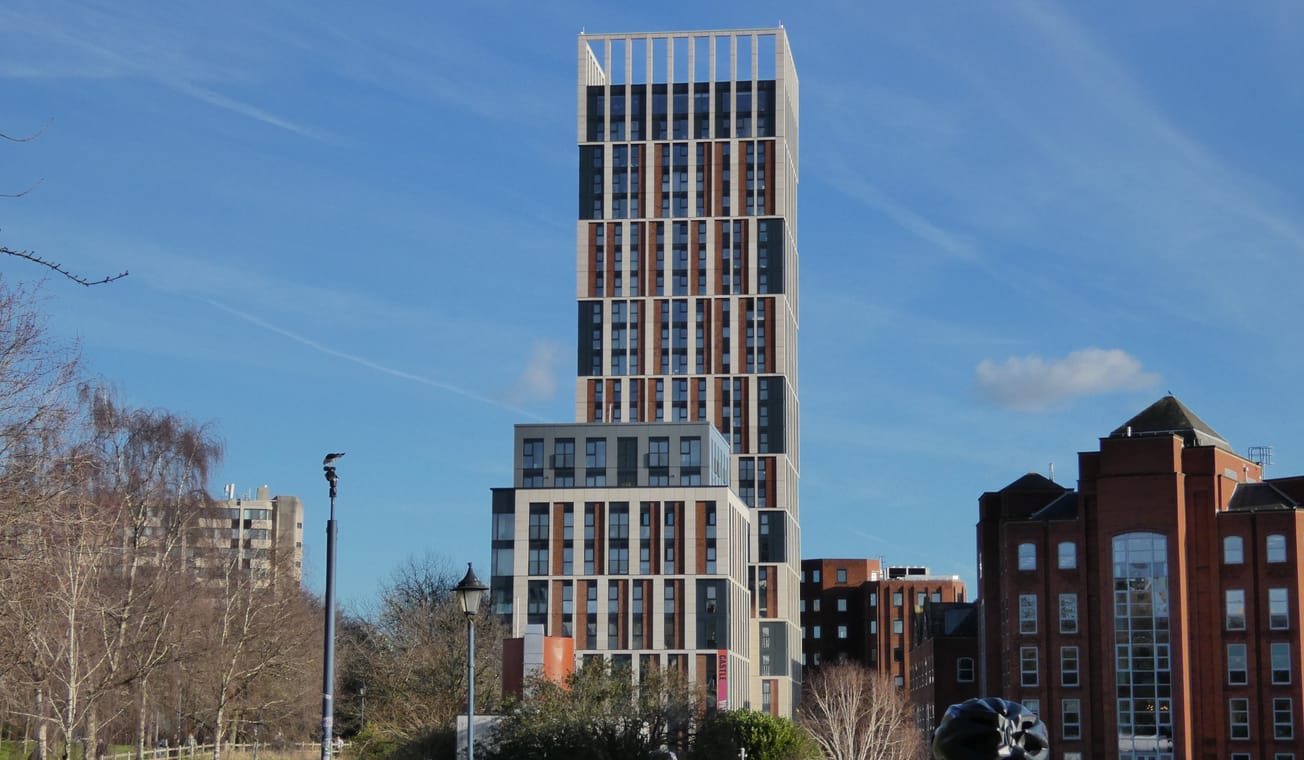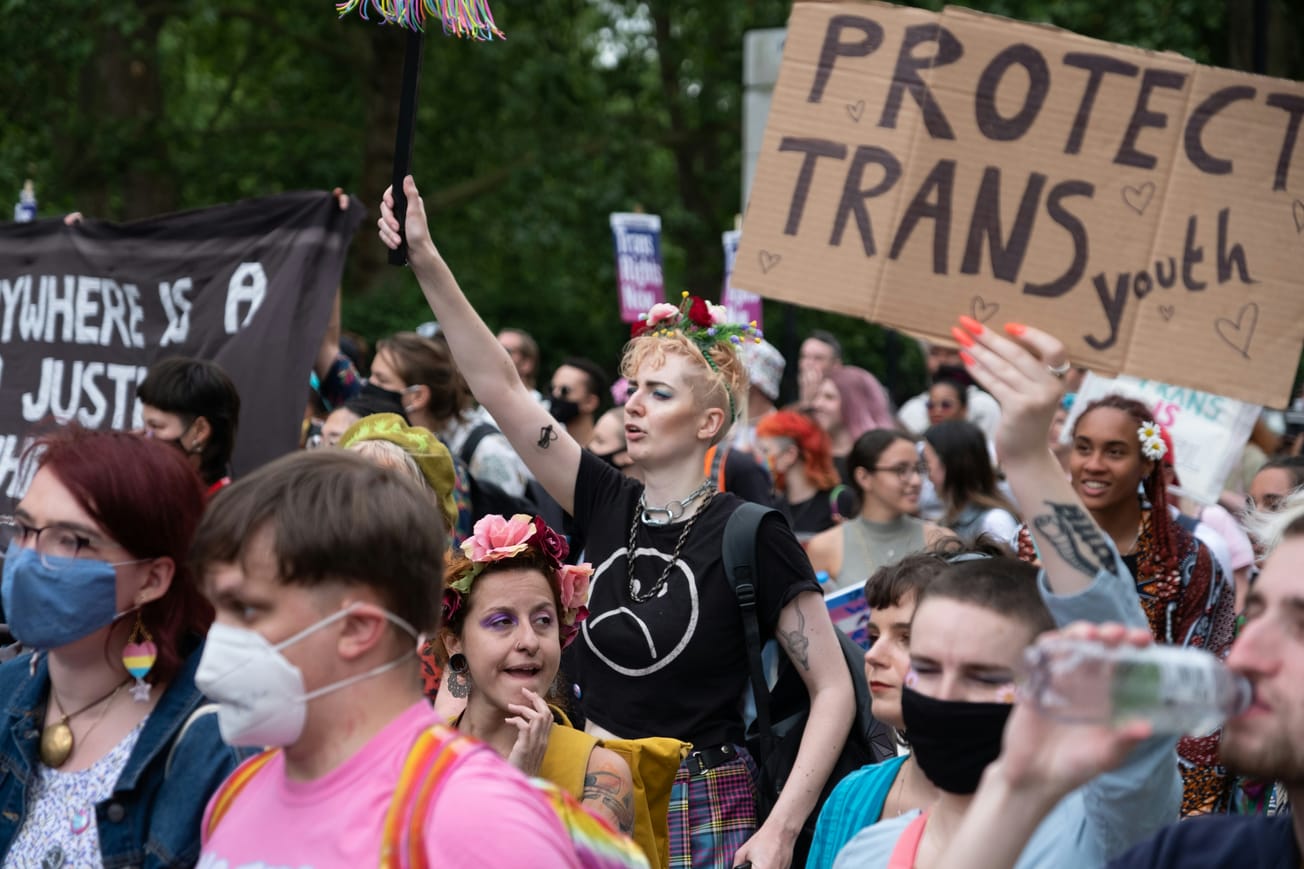By Aruay Mongok, Second Year Law
Epigram recently interviewed Charlotte O’Brien and Freya Selman, Founders and Co-Presidents of the Bristol University Neurodiversity Society (BUNS), to find out what the everyday university experience of students with a neurodiverse condition looks like.
According to ADHDAware statistics, approximately 30-40 per cent of the population are neurodivergent, and yet the university experience of those with a neurodiverse condition is often overlooked.
Neurodiversity refers to those whose brains have different ways of processing information, learning and executing certain functions. Common conditions include Autism, Attention Deficit Hyperactivity Disorder (ADHD), Dyslexia, Dyspraxia, Obsessive Compulsive Disorder and Asperger's Syndrome.
Both Charlotte and Freya agree that having a diagnosis affected the accessibility of support available to them and are in favour of widening support for those with working diagnoses. Neither student sees an issue with self-diagnosed persons either; ‘Who cares? As long as you're getting the support you need!’
Epigram also conducted a survey in the BUNS Facebook group and received a number of replies from anonymous members. Some members asserted that ‘the danger of people incorrectly self-diagnosing pales into insignificance beside the benefit of people being able to correctly self-identify and get the explanations and support they deserve.’
‘the danger of people incorrectly self-diagnosing pales into insignificance beside the benefit of people being able to correctly self-identify and get the explanations and support they deserve.’
Many students and BUNS members also share the view that recent awareness of neurodiverse conditions has improved the number of supportive measures available. Awareness includes diagnosis, and many neurodiverse students within Bristol’s student community have found that this has provided them with a ‘second chance’ at making a ‘comeback’ to education.
However, students with neurodiverse conditions often encounter long waiting lists for specialist appointments, with some waiting up to eight months and having ‘no indication’ of when their appointments might take place. One anonymous student explained that their lack of diagnosis ‘heightened anxiety’ and created difficulties in independent living. Another BUNS member agreed, but noted that ‘everything has changed since [diagnosis]’ and that eventually they got ‘medication that halved [their] anxiety and […] depression.’
Overall, the neurodiverse students Epigram spoke with believe that when everyone is ‘better educated… they're more inclined to understand, accept and accommodate neurodivergent people’ – consequently resulting in greater self-acceptance.
'when everyone is "better educated… they're more inclined to understand, accept and accommodate neurodivergent people"'
Claire Burton, Head of Student Support at the National Autistic Society, shared that socialising and settling into university life is difficult for autistic students – ‘far too many are struggling.’ Claire suggests that autistic students are driven to drop out of university due to inadequate ‘autism-specific support [since] there's much inconsistency.’
However, according to BUNS members, Bristol University is doing surprisingly well. One BUNS member left their previous university ‘because they were so unsupportive’ and, comparably, Bristol ‘is a massive improvement’. Another member adds that ‘Disability Services were instrumental in getting [me] through the DSA application’ while ‘lecturers have been understanding and willing to listen to [my] needs and concerns.’
Neurodiverse conditions require a range of varying support. Different conditions require different types of support, some of which have been adequately provided for at the University, while others have taken longer to be acknowledged; ‘I did have to argue my case initially for some adjustments to be made, and there are issues that still need resolving,’ says a BUNS member.
Notably, the DSA (Disabled Student Allowance) is a government grant specifically for disabled students in higher education; individual support is awarded based on a needs assessment. The DSA funded specialist mentor system has been beneficial for some BUNS members; one anonymous student with ADHD said, ‘[my mentor] helps me plan my week and talk through anything.’ However, for other students, including BUNS President Freya, their experience with a specialist mentor differed. ‘Mentoring was awkward […] it was like therapy in a coffee shop’, she said.
‘Mentoring was awkward […] it was like therapy in a coffee shop’
Arguably, the DSA application process is another obstacle to getting support, with one student adding that ‘applying for a DSA to get more support has been confusing for me.’ However, where specialist mentors fall short, the university-assigned personal tutors can help, with Freya agreeing that her new personal tutor has been more than supportive.
Office For Students statistics report that only 40 per cent of disabled students are aware of the DSA before starting Higher Education. However, BUNS members agree that the University has been supportive where the DSA support falls short, highlighting that there are still important support services available within the institution even if you have not been able to access the DSA.
The society itself has also acted as a huge source of support for many neurodiverse students. Social isolation and exclusion create difficult university environments for neurodivergent students, but many BUNS members have benefited from the community created by the society; Freya and Charlotte have created a space which members are grateful for. Even having the option to be part of an informal, social and safe space makes many BUNS members feel reassured. The society allows a space for connecting, enabling members to discover more about themselves in the last year after a year of restricted socialising.
'The society allows a space for connecting, enabling members to discover more about themselves in the last year after a year of restricted socialising.'
The creation of a society focused on students with neurodiverse conditions has thus altered the university experience for current and future students. Members do not feel the need to ‘self-censor’ themselves when around other neurodiverse students, as they have ‘shared issues, problems and concerns’ which they can all relate to.
Overall, Charlotte feels that the society was created because ‘everyone needed each other.’ Freya advises that ‘people can’t help you if they don’t know you need help’ and both presidents therefore strongly encourage others to join BUNS, a community of like-minded friendly faces sure to alleviate the burden of enduring the university experience alone.
‘people can’t help you if they don’t know you need help’
The University has recently built a sensory room for students with neurodiverse conditions. The room is located on the fourth floor of Senate House, available to all neurotypical and neurodiverse students. Freya and Charlotte assisted in the room’s construction, enabling it to be tailored to the needs of students by including different sensory objects and calming décor. Charlotte and Freya extend an invitation to all University of Bristol students with neurodiverse conditions to join BUNS and have access to the sensory room. UCard access can be provided by simply emailing bristolsu-spaces@bristol.ac.uk .
Featured Image: Bristol University Neurodiversity Society logo | Bristol SU Website.









